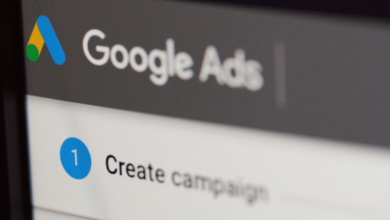Google files its proposed remedies in DOJ’s monopoly case

Google’s Proposed Remedies for Antitrust Lawsuit
Introduction
Google recently filed its proposed remedies in response to the antitrust lawsuit with the Department of Justice. While Google stated that it disagrees with the DOJ’s claims, it is legally required to outline potential remedies ahead of a hearing on the matter in April 2025.
Google’s Proposed Remedies
Google’s proposed remedies cover various aspects, including browser agreements, Android contracts, and more. Some of the key proposed remedies include:
- Browser Agreements: Google suggested offering more “flexibility” in default browser agreements by allowing companies to have multiple default agreements across different platforms. This would include the ability to change the default search provider at least every 12 months.
- Android Contracts: Google proposed making its Android agreements with OEMs non-exclusive and allowing them to unbundle the Google Play Store from Google Search and Chrome. This would give device makers more flexibility in preloading multiple search engines and Google apps independently.
- Gemini: As part of the above, Google stated that it would not require device makers or partners to distribute Gemini to US users for three years.
More Details
The full legal filing containing Google’s proposed remedies can be found in this PDF document. Additionally, Google’s blog post on the matter can be accessed here. For further coverage and analysis, you can visit Techmeme.
Why We Care
The outcome of the antitrust lawsuit and the proposed remedies by Google could have a significant impact on the future of Google and Google Search. The implications of these steps are still uncertain, but they provide valuable insights into the potential outcome of the case.
FAQs
1. What is the antitrust lawsuit against Google about?
The antitrust lawsuit alleges that Google has engaged in anti-competitive behavior in its search and advertising practices.
2. How does Google plan to address browser agreements in its proposed remedies?
Google aims to offer more flexibility in default browser agreements by allowing companies to have multiple default agreements across different platforms.
3. What changes are proposed for Android contracts in Google’s remedies?
Google plans to make its Android agreements with OEMs non-exclusive and allow them to unbundle the Google Play Store from Google Search and Chrome.
4. What is Gemini, and how does it relate to Google’s proposed remedies?
Gemini is a part of Google’s proposed remedies, where Google will not require device makers or partners to distribute it to US users for three years.
5. How can I stay updated on the developments of the antitrust lawsuit against Google?
For the latest news and updates on the antitrust lawsuit against Google, you can follow reputable sources like Search Engine Land and Techmeme.
About the Author
Barry Schwartz is a technologist and a Contributing Editor to Search Engine Land. He is also a member of the programming team for SMX events and owns RustyBrick, a web consulting firm based in New York. Barry runs the popular search blog, Search Engine Roundtable, which covers advanced SEM topics. He has received several awards for his contributions to the search industry and can be followed on Twitter here.


